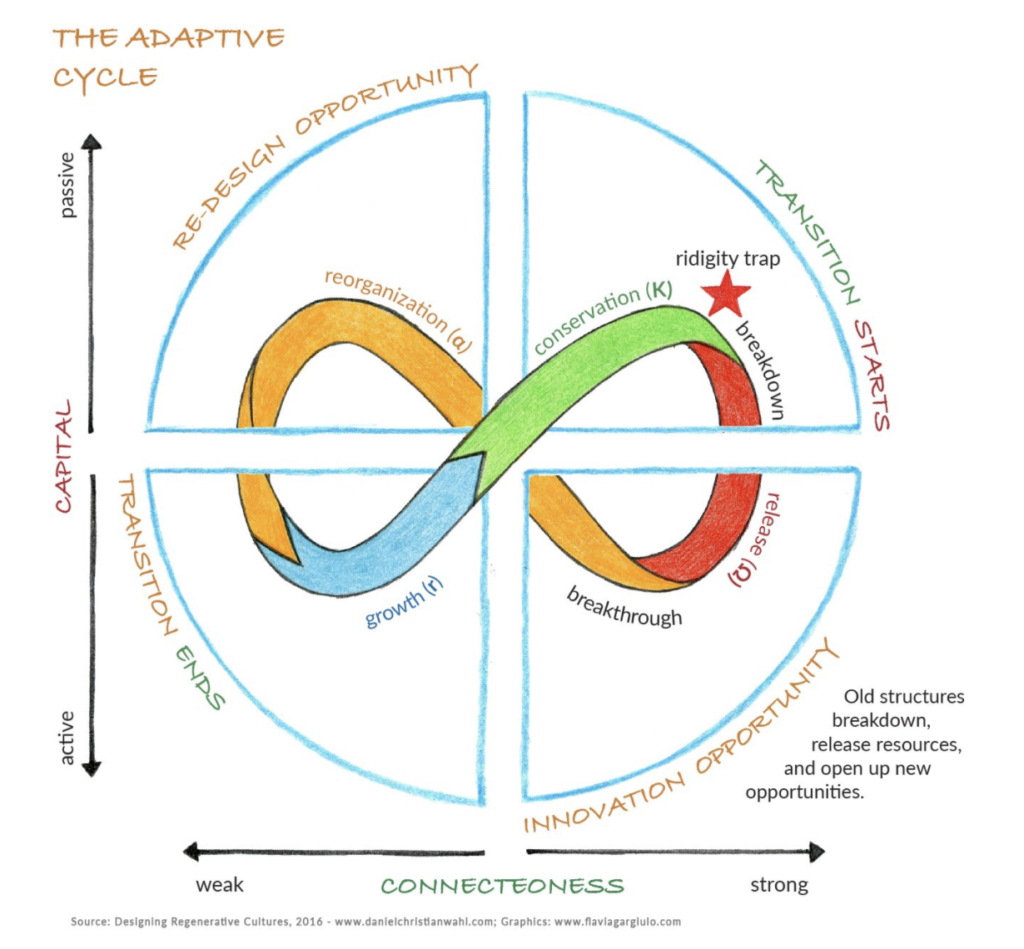




Evolving our Systems
As we prepare to move out of lockdown, the attention now shifts to recovery.
What role does community innovation play?
“Programmatic interventions help people beat the odds. Systemic interventions can help change their odds.”
US-based Forum for Youth Investment CEO, Karen Pittman.
Despite how appealing the old normal appears to many now, we know that it wasn’t sustainable, and this crisis created the conditions for evolving our systems.
READ MORE
We need to think about what we value and what we want to keep.
While we affirm what we want to keep – we have to opportunity to decide what we can let go.
The COVID-19 catchphrase “we’re all in this together” is one we need to strongly adopt as we collectively work through the big decisions we need to make.
This notion directly aligns with community-led development (CLD). A ‘shared vision’ is one of CLD’s core principles, and we’ve always viewed CLD as an essential asset that must be activated to ensure Aotearoa is a thriving, inclusive and resilient place.
We need to focus our attention on HOW we do things and WHO matters.
An outstanding element of New Zealand’s affective response to COVID 19 has been the community’s response. The cumulation of leadership exercised at all levels, from our Prime Minister, government officials, academics, business leaders, and scientists – to people in streets and within their household bubbles.
We are seeing and experiencing hundreds of instances across the country where people have mobilised and driven the support required in their place, shaped by the guidelines provided by such leadership. The local community has become a critical setting.
But is the value of this critical community-led approach fully understood?
Let’s take the example of Meremere locals, who quickly came to terms with the consequences of level 4 lockdown in their town, providing essential provisions – food and sanitation parcels – while also looking ahead to what’s next.
Meremere is self-organising, using opportunities and their connections between one another and into Government, philanthropy and other support organisations to both respond and plan ahead.
This is often the case – local knowledge and wisdom about what’s needed and what works ‘at ground zero’ leads in crisis response. However, the risk is that at some point ‘the outside system’ may take over and that valuable local leadership, foresight and capacity are lost.
Our once in a generation opportunity.
The COVID-19 crisis has forced us all to be courageous and innovative. To take risks and share more power with local communities. This can be harnessed to make the necessary fundamental changes to the political, economic, social, cultural and environmental systems for the health of our planet. Entrenched systems which for so long have hampered our best efforts to tackle big issues like child poverty, climate change, youth unemployment and family violence – they need to adapt!
Localism, participatory democracy, authentic cross-sector engagement and collaboration, citizen empowerment, and strengths-based ways of working are just some of the approaches that need to become front and centre.
Long-term regional restoration will require more than a focus on a limited view of the economy and big investments in ‘shovel ready’ physical infrastructure projects. Retaining and further embedding a holistic wellbeing lens into policy, planning, and investment is essential!

This eco or adaptive cycle is a very useful framing for thinking about these opportunities ahead of us.
While central government clearly has a significant influence on resources, policy and regulation, the choices, actions, and decisions we make as individuals, families, businesses, iwi, councils, churches and communities also determine the outcomes that will follow.
Inspiring Communities has our part to play. We want to ensure that locally-led insights, evidence and intelligence around what works – and what Aotearoa should do differently – is gathered and amplified at this critical time of transition.

We are all part of the ‘system’
Thoughts and perspectives from Inspiring Communities’ Strategic Lead, Rachel Roberts and National Coordinator, David Hanna.
